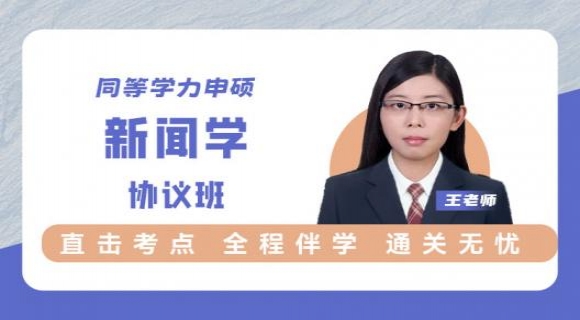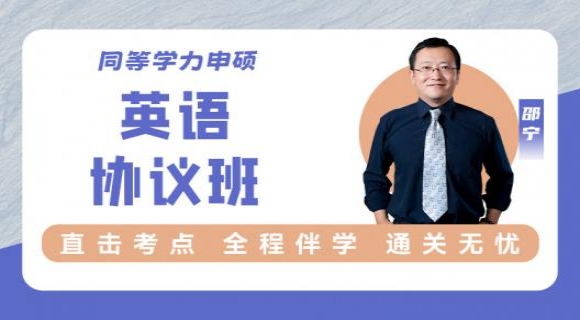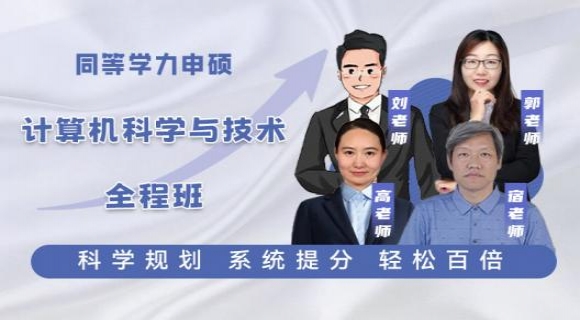英语每日一练
Vancouver is the best place to live in the Americas; according to a quality-of-life ranking published earlier this month .The city regularly tops such indexes as its clean air, spacious homes and weekend possibilities of sailing and skiing. But its status as a liveable city is threatened by worsening congestion (拥挤). Over the next three decades, another 1 million residents are expected to live in the Greater Vancouver region, adding more cars, bicycles and lorries to roads that are already struggling to serve the existing 2.3 million residents.
A proposal by Vancouver’s mayor seeks to prevent the worsening conditions. Upgrades would be made to 2,300 kilometers of road lanes, as well as bus routes and cycle paths. Four hundred new buses would join the fleet of 1,830. There would be more trains and more “sea bus” ferry crossings between Vancouver and its wealthy northern suburbs. To get all that, residents must vote to accept an increase in sales tax, from 7% to 7.5%. Polls suggest they will vote no.
Everyone agrees that a more efficient transport system is needed. Confined by mountains to the north, the United States to the south and the Pacific Ocean to the west, Vancouver has spread in the only direction where there is still land, into the Fraser Valley, which just a few decades ago was mostly farmland. The road is often overcrowded.
Yet commuters’ suspicion of local bureaucrats may exceed their dislike of congestion. TransLink, which runs public transport in the region, is unloved by taxpayers. Passengers blame it when Skytrain, the light-rail system, comes to a standstill because of mechanical or electrical faults, as happened twice in one week last summer, leaving commuters stuck in carriages with nothing to do but expressing their anger on Twitter. That sort of thing has made voters less willing to pay the C$7.5 billion in capital spending that the ten-year trafficupgrade would involve.
Despite the complaints, Vancouver’s transport system is a decent, well-integrated one on which to build, reckons Todd Litman, a transport consultant who has worked for TransLink. “These upgrades are all-important if Vancouver wants to maintain its reputation for being a destination others want to go to.” He says.
1.The biggest problem threatening Vancouver as a liveable city is __________.
A. increasing congestion
B. climate change
C. shortage of land
D. lack of money
2.The upgrade proposal by Vancouver’s mayor may be turned down by residents because __________.
A. they do not want more people to move in
B. they are reluctant to move to new places
C. upgrades would take away their living space
D. upgrades would add to their financial burdens
3.The only direction for Vancouver to further expand is towards __________.
A. the east
B. the west
C. the south
D. the north
4.TransLink is mentioned (Para.4) as an example of __________.
A. world famous transport companies
B. local residents’ complaints about the bureaucrats
C. local effort to improve public transport
D. worsening traffic congestion
5.According to Todd Litman, the upgrade proposal __________.
A. will solve the traffic problem
B. will benefit local economy
C. satisfies the transport company
D. deserves public support
——————————————
正确答案
1.【答案】D
【考点】细节推断
【解析】20世纪70年代之前,许多的大学运行“代替父母”体系的原因是什么。
在文章第一段前两句我们可以找到答案:在20世纪70年代之前,大学生都被当作孩子对待。因此许多大学运行“代替父母”这一体系。因此,此题选D项“大学生因为太年轻而被当成孩子对待”。
【误项排除】A项“他们能够代替学生的父母”,B项“为了孩子的利益,孩子的父母让学校这么做的”,C项“这是英国大学的一个传统”,这三项不符合题意。
2.【答案】A
【考点】细节推断
【解析】1913年戈特对伯里亚学院的诉讼案中谁胜出了?
在文章第二段第两句:多年以来,美国法庭在案子中支持“代替父母”方,比如1913年戈特对伯里亚学院的诉讼案。而“代替父母”方指的是学校。因此,此题选A项“伯里亚学院”。
【误项排除】B项“戈特”,C项“这是一例双赢案件”,D项“学生”,这三项不符合题意。
3.【答案】C
【考点】语义推断
【解析】第五段“dissent”一词最可能指的是什么。
在文章第五段第一句:但是在20世纪60年代,学生开始抗议类似的规定和约束。可知学生对此有异议。因此,此题选C项“强烈的异议”。
【误项排除】A项“极端行为”,B项“违反法律”,D项“坏事”,这三项不符合题意。
4.【答案】C
【考点】细节推断
【解析】1960年法院判决阿拉巴马州立大学怎么样?
在文章第六段第一句:1960年,阿拉巴马州立大学开除了六名参与公民权利示威的学生。学生将学校告上法庭并获得胜诉。可知学生将学校告上法庭的原因是其过分干涉其公民权利。因此,此题选C项“不应该干涉学生的日常生活”。
【误项排除】A项“无权开除学生”违背常识,B项“开除学生是合理的”,D项“应该支持公民权利示威”,这三项不符合题意。
5.【答案】B
【考点】语义推断
【解析】加里·迪克斯坦认为,“直升机父母”是什么样的父母?
在文章最后一段倒数第二句:加里·迪克斯坦说,这些父母可能会盘问孩子的决定,特别是关于安全问题和学习成绩。因此,此题选B项“密切关注孩子的生活和学习”。
【误项排除】A项“不放心学校管理者”,C项“不像以前那样关心孩子的教育情况”,D项“对孩子的教育有不同的观点”,这三项不符合题意。















